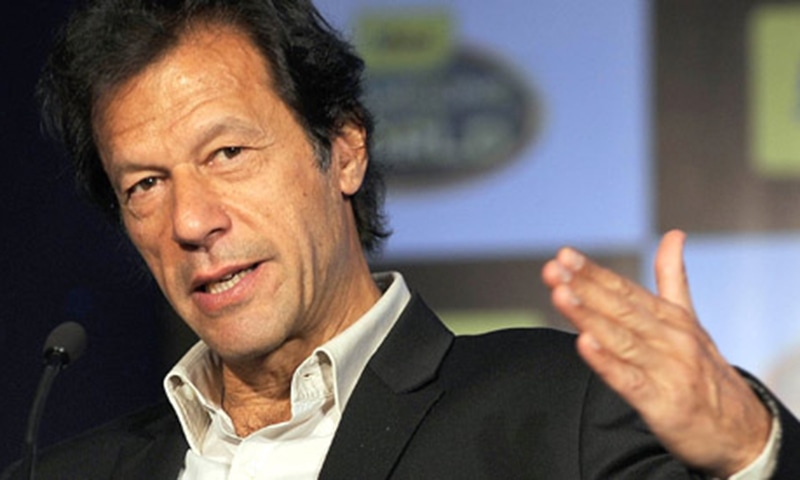THE party was voted to power in Khyber Pakhtunkhwa in May 2013, but at long last the PTI appears to be turning its attention to the very thing it was elected to do: govern.
Imran Khan’s so-called dharna convention in Islamabad on Sunday produced a surprise — and a pleasant one for a change. Instead of threatening the PML-N with further strife and more street protests, the PTI chief chose to focus on governance, reforms and service delivery in KP. And not a moment too soon.
Also read: Development work in KP to be refocused, says Imran
Hearing Mr Khan talk about education, health and the environment harkened back to seemingly another era when the PTI focused on real issues and talked in a language that the voter could connect with.
Missing though was the substance: no implementation timelines and concrete plans beyond a seemingly unrealistic and facile target of planting a billion tree saplings in the province was offered by Mr Khan.
However, if the PTI is in fact serious, the opportunities are near limitless. No province has really managed to take on the raft of new responsibilities that devolution under the 18th Amendment has created, and no province has attempted to tie local governments to a developmental, people-orientated focus.
In KP that laudable goal would be complicated by needing to stay simultaneously focused on the fight against militancy.
Daunting as the challenge that the PTI has laid for itself is, Mr Khan’s announcement has in a way also thrown down the gauntlet to the PML-N.
It was after all the PTI chief who has been accused over much of the last year of being unreasonable and unwilling to hew to the logic of democratic politics. But Mr Khan has now proved on several occasions that he is able to back down for the greater good.
First, he abandoned his demand that the prime minister resign to allow a high-powered commission to inquire into alleged electoral fraud on May 2013 — after it had become clear that that precondition was an insurmountable hurdle in any deal.
Then, after the Peshawar attack occurred, Mr Khan again stood down, bowing to the logic of the need for a national consensus to fight militancy.
Now, even though the PML-N has yet to constitute the commission it once more pledged it would after the Peshawar attack, Mr Khan has turned his focus to governance issues in KP. Can the PML-N learn something from Mr Khan and do the right thing by forming the commission it has long promised?
Published in Dawn, January 20th, 2015
On a mobile phone? Get the Dawn Mobile App: Apple Store | Google Play












































